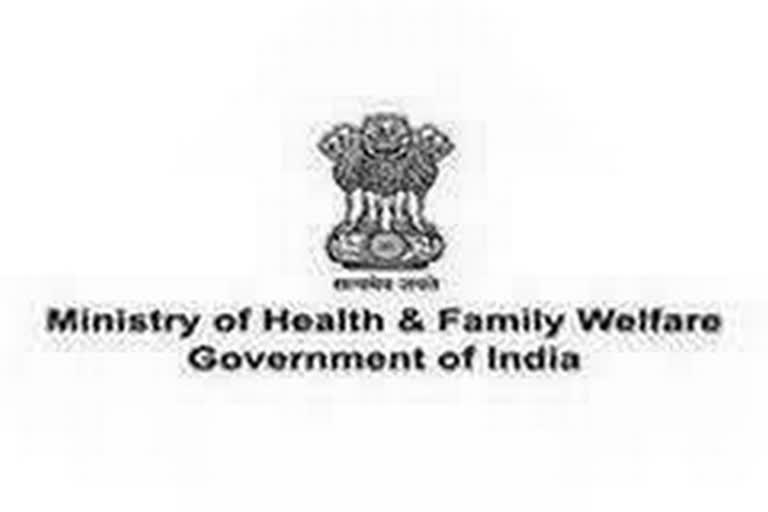New Delhi: Health authorities have suggested that herbal supplements - chyawanprash, turmeric milk and immunity promoting AYUSH medicines such as mulethi powder, ashwagandha and amla fruit are believed to be effective in the post-recovery period.
The suggestions came in a guidance note for post-COVID-19 management protocol.
It has been reported to the Health Ministry that after acute COVID-19 illness, recovered patients may continue to witness a wide variety of signs and symptoms including fatigue, body ache, cough, sore throat and difficulty in breathing.
At least 78,399 patients have recovered in the last 24 hours in India. With this, the total number of recoveries has touched 3,702,595 taking the recovery rate to 77.88 per cent, the Union Health Ministry said on Sunday.
In this regard, the Centre has prepared a holistic approach for follow up care and well-being of all post-COVID recovering patients.
The Health Ministry said that a recovered person has to continue COVID appropriate behaviour, i.e. use of face mask, hand and respiratory hygiene, physical distancing.
"Drink adequate amount of warm water, take immunity promoting AYUSH medicine on the prescription of a qualified practitioner of AYUSH. If health permits, regular household work to be done. Professional work to be resumed in a graded manner," it said.
"Immunity promoting AYUSH medicine such as Chyawanprash, Ayush Kwath, turmeric milk, Samshamani Vati, Giloy powder, Ashwagandha, amla fruit, mulethi powder and gargling with turmeric and salt is believed to be effective in the post-recovery period. These need to be taken only after prescribed by qualified practitioners permitted under law for prescribing the medicine/therapy under the specific stream," said the Health Ministry in the guidance note.
The document also stated that mild and moderate exercise can be done such as the daily practice of yogasana, pranayama and meditation. Breathing exercises as prescribed by treating physician and daily morning or evening walk at a comfortable pace as tolerated, it said.
READ: 'Wise App' that helps students beat 2G internet speed
"Balanced nutritious diet, preferably easy to digest freshly cooked soft diet should be consumed. A recovered patient needs to take adequate sleep and rest. They should avoid smoking and consumption of alcohol," the document read.
The guidance also says that a recovered COVID-19 needs to take regular medications as advised for COVID and also for managing co-morbidities if any.
The doctor to be always informed about all medicines that the individual is taking (allopathic/AYUSH) so as to avoid prescription interaction, it said.
If medically advised, a recovered person can do self-health monitoring at home such as temperature, blood pressure, blood sugar (especially, if diabetic), pulse oximetry, etc.
"If there is persistent dry cough / sore throat, do saline gargles and take steam inhalation. Cough medications, should be taken on the advice of a medical doctor or qualified practitioner of Ayush," said the government document adding that a person to needs to watch closely for early warning signs like high-grade fever, breathlessness, unexplained chest pain, new onset of confusion, focal weakness.
In a healthcare facility setting, a patient needs to go for the first follow-up visit (physical or telephonic) within 7 days after discharge, preferably at the hospital where a person underwent COVID19 treatment.
READ: Venkaiah Naidu undergoes Covid-19 test ahead of monsoon session
"Poly-therapy is to be avoided due to potential for an unknown drug interaction, which may lead to Serious Adverse Events (SAE) or Adverse Effects (AE)," it said adding that the patients who had undergone home isolation and still complain of persisting symptoms, then they should visit the nearest health facility.
Severe cases requiring critical care support will require more stringent follow-up, it further said.
So far, the total coronavirus cases have crossed 47 lakh mark in India with 78,586 COVID19 fatalities, according to the Health Ministry's data on Sunday.
(ANI)



